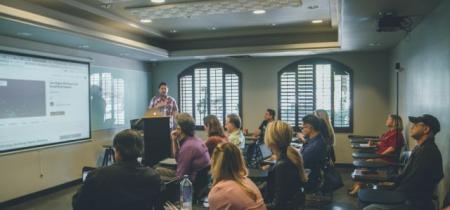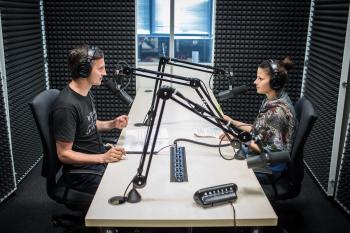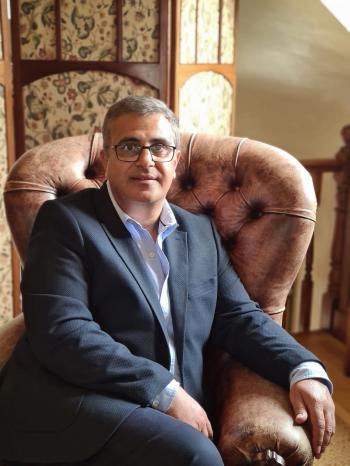Users Who Spiked

THE MEDICAL ACCESS PROBLEMS THAT PLAGUE THIRD WORLD COUNTRIES
Private Notes
Private Notes
Notes
The Tracking Universal Health Coverage: 2017 Global Monitoring Report has found that more than 800 million people have spent around 10% of their household budgets on health expenses for themselves. And what's worse is that for almost 100 million people, these expenses have been so high that they have been pushed into extreme poverty and made their everyday survival significantly challenging.
Director General of the World Health Organization, Dr. Tedros Adhanom Ghebreyesus, has stated, "It is completely unacceptable that half of the world still lacks coverage for the essential health services. And it is unnecessary. A solution exists: universal health coverage (UHC) allows everyone to obtain the health services they need, when and where they need them, without facing financial hardship."
Where We Lack
Over the years, it has been deduced that the lack of knowledge, medical practitioners, and resources are some of the main factors why third-world nations do not have access to basic medical necessities.
The lack of knowledge prevents medical practitioners in third-world countries from giving their best medical attention to patients. In Papua New Guinea, only 24% of healthcare workers know how to treat and diagnose malaria the correct way. And in Pakistan, only 56% of providers have met the diagnostic standard for viral diarrhea - out of which only 35% have met the standard for the treatment of viral diarrhea.
Moreover, this also leads back to the issue of lack of resources as all the good practitioners take away effective medical resources with them. Diseases spread far and wide, and those who can stop it are all gone. Healthcare systems become ineffective in preventing these diseases, and the quality of existing medications reduces over time.
The situation, all in all, is extremely dire. For years now, there has been no hope of saving these nations - but that does not mean that all hope is gone. And the reason why we say this is thanks to the efforts made by Dr.David Douglas in the medical sector.
With a B.S. in physics, an M.D., an M.P.H. in Epidemiology, and a triple board certified in diagnostic radiology, neuroradiology, and nuclear medicine, Dr. Douglas holds the position of being one of the very few neuroradiologist-nuclear medicine physicians from all over the world.
When it comes to public health-related matters, Dr. Douglas co-founded the Red Impact - a non-profit dedicated to maternal and fetal health. The company has been focusing its expertise on delivering more comprehensive care by training and equipping Ugandan midwives with ultrasound, training midwives on Helping Babies Survive (H.B.S.), and on Advanced Life Support in Obstetrics (ALSO).
As someone who lives full-time in the United States, Dr. Douglas does not allow that to stop him from reaching out to all those in need of his services, ensuring that everyone can get the medical attention they deserve regardless of their origins. He has contributed his professional expertise remotely to the health and welfare of East Africa.
An example of his work can include how his Kenyan medical license has allowed him to perform teleradiology for Tenwek Hospital in order to help Kenyan doctors in the local area with the interpretation of challenging neuroradiology cases. In addition to that, Dr. Douglas also led a group of 3 Harward researchers and 3 African researchers on a study that was focused on researching the different kinds of effects of antenatal care on more than 1,900 impoverished Ethiopian children.





























